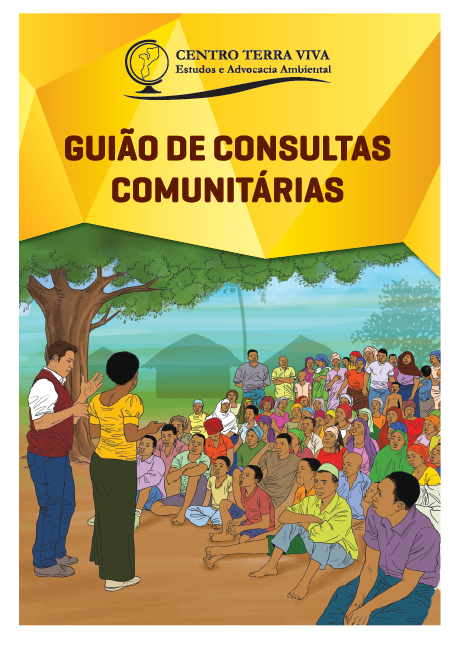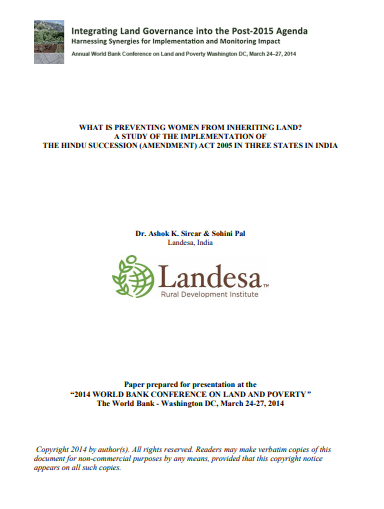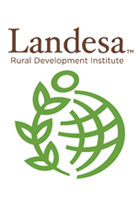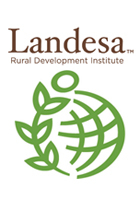Implications of Community-based Legal Aid Regulation on Women’s Land Rights
Improving women’s ability to securely access land is recognized as an effective means to increase gender equality and advance other key social and economic development goals. Despite progressive laws in many African countries, gender disparities commonly persist in women’s access and ownership of land. Although legal empowerment of women can help to strengthen their claims to land, governments commonly lack the capacity to offer legal services.










